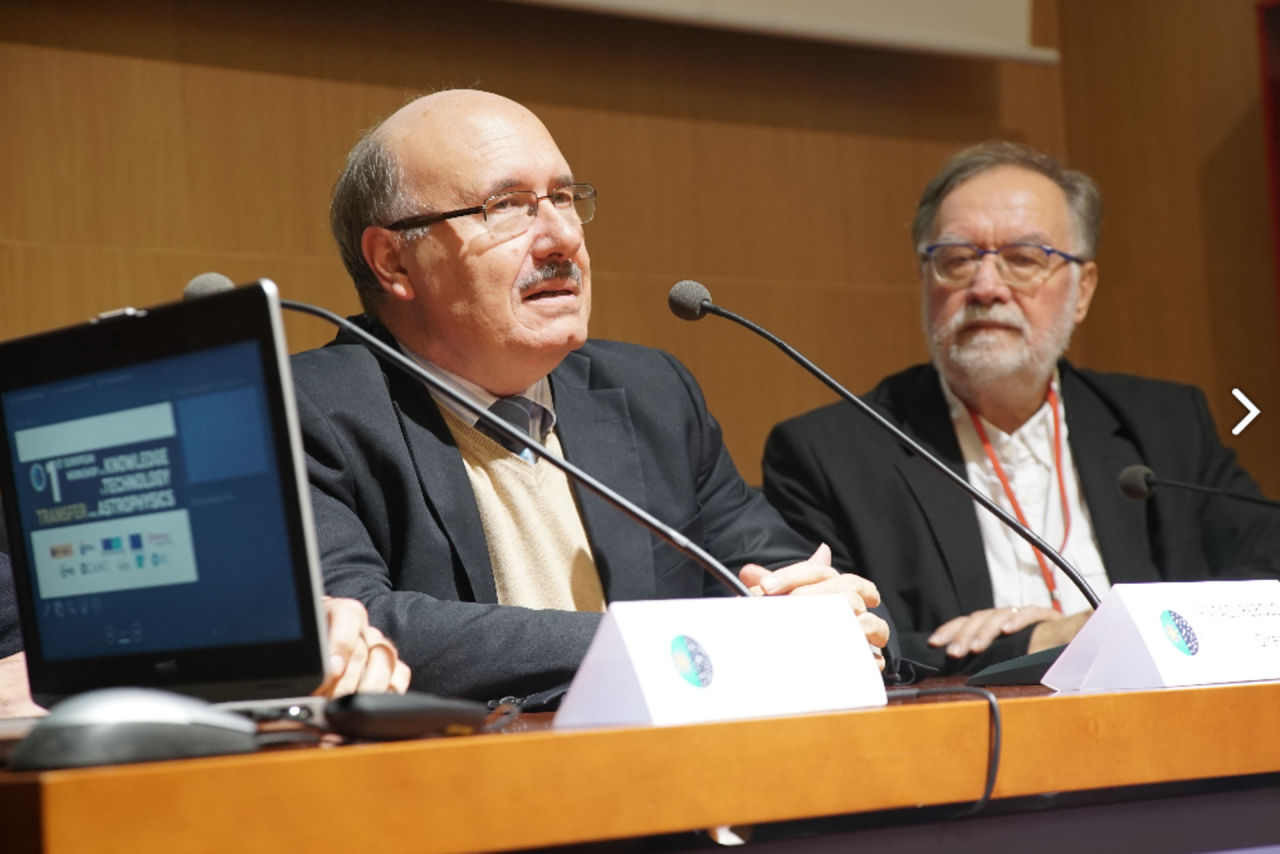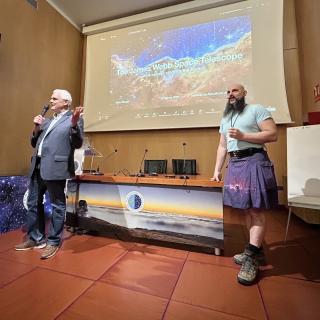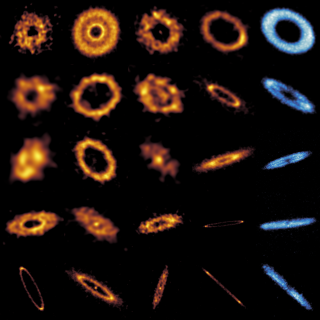The “First European Workshop on Technology and Knowledge Generated by Astrophysics” held at the headquarters of the IAC in La Laguna in the framework the "Knowledge Cities World Summit” (KCWS 2018) was useful as a fórum of debate for exploring strategies which encourage transfer. The meeting was organized by the area of technological and business collaboraton of the Instituto de Astrofísica de Canarias, IACTec, which was supported with funds from the Incyde foundation, and with the cooperation of the Cabildo of Tenerife.
Rafael Rebolo, the Director of the IAC, underlined his support for the transfer of technology and knowledge as a way to benefit society and dynamize the economy of the Canaries. “After this meeting” he said “ we have a better view of how we need to proceed to achieve this objective. IACTec will serve as a support to all those interested in ideas which can be made effective, and from that point we are encouraging our research personnel to get involved in the process”.
Anselmo Sosa, the manager of the Office of Institutional Projects and the Transfer of the Results of Research of this Institute stated that “ one of the most valuable resources that we have here at the IAC is the accumulated knowledge of research and technology which we generate in our field”.
At the meeting there were representatives of the World Capital Institute (WCI), the international laboratory of ideas which organizes the annual “Knowlege Cities World Summit”. Among them was Günter Koch, who participated in the inauguration of the meeting, and also was present as President of the Humboldt Cosmos Multiversity, a centre which is looking to integrate different fields of knowledge instead of segregating them into separate areas.
Koch stressed the potential of the Archipelago for attracting companies in the scientific and technoloical sector. He also reminded us of the figure of Humboldt, a researcher and a humnist, who started his scientific voyage in Tenerife, which he introduced to the world in his book Journey to the equinoctial regions of the New Continent.
At the meeting there were five professionals in Astrophysics who had made their careers via links and synergies with other sectors: Paolo Sestito, a systems engineer who worked in the sector of scientific instrumentation, Nick Cox, an engineer in research and development dedicated to the analysis of satellite images; Ugur Ural, an analyst in research into the impact of climate change, Javier Blasco, a data analysis expert, and Rene Fassbender, the director general and founder of a data analysis company.
“The workshop” noted Ana Monreal Ibero, an IAC researcher who coordinated the event “ allowed us to view the potential of astrophysical researchers in different disciplines, represented by climate change, the analysis of images of the Earth, and the design of scientific instruments, among others. The five speakers where clear examples of this”. Pablo Redondo, the technical managaer of IACTec and organizar of the workshop added that the debate about how to focus this potential on the creation of employment in the Canaries gave rise to very interesting ideas, which will be pushed forward from IACTec in the coming months.



